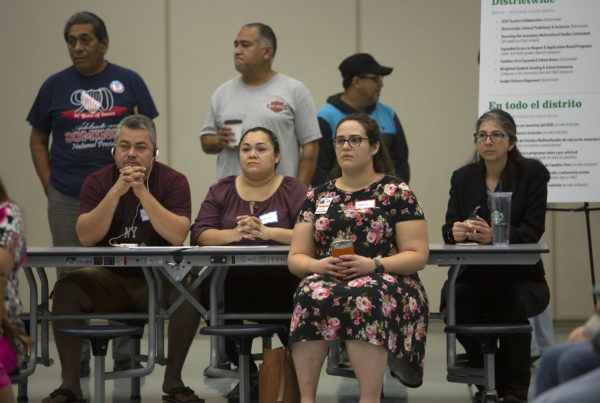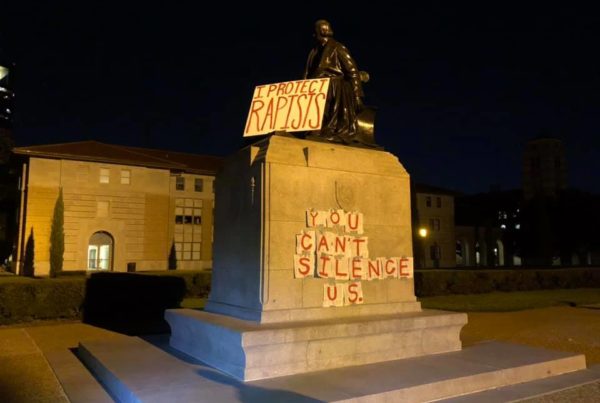The American Medical Association says transgender people are experiencing an “epidemic” of violence. The violence specifically affects trans people of color. The problem is especially prevalent in Dallas.
Lauren McGaughy, a reporter for The Dallas Morning News, says the violence has many sources, including homophobia and transphobia. Fifteen transgender people have been killed in Texas since 2015, and the state leads the nation in transgender homicides.
“A lot of people in the community say it also involves issues of a lack of protections in state law for transgender Texans,” McGaughy says.
There’s also a lack of acceptance and understanding of trans issues in black and Latino communities, which can fuel discrimination, she says.
“It’s going to take education, over time, to hopefully stem the tide of this violence,” McGaughy says.
Eight of the 10 men accused in these attacks were believed to have had relationships with the trans women who were killed. That indicates the transphobic and homophobic beliefs run deep, even among some people who are having relationships with trans people.
“These men … are raised with the understanding that there’s something wrong with them because they’re in a relationship with someone who’s trans,” McGaughy says. “They keep their relationship secret and if they become public, they become violent.”
Trans people in Dallas are afraid to be open about being trans in public because of the violence. But some are trying to chip away at the stigma. For her reporting, McGaughy interviewed a group of trans women who started the radio show, “Trans-Fusion,” to educate non-trans people about transgender issues, and to promote transgender pride.
“[They] hope that they can make inroads in their own communities so that there’s greater acceptance for them, and the domestic violence component of this can be lessened,” McGaughy says.
Written by Libby Cohen.















